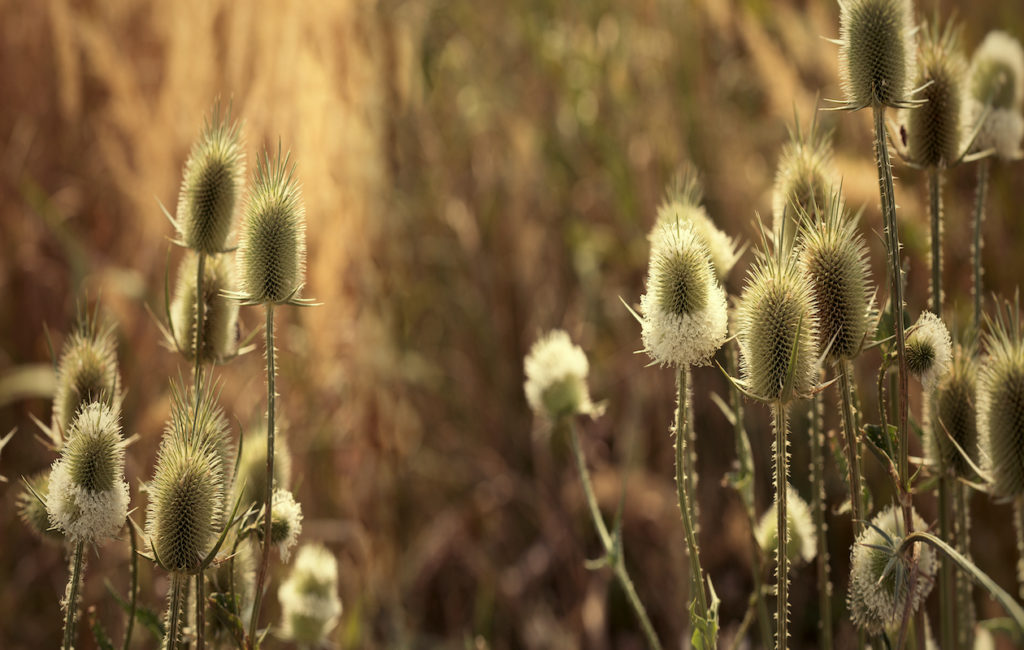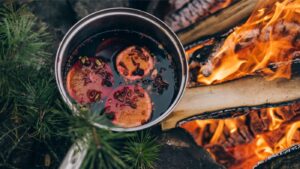For some people, dryness is an ongoing challenge, while for others, it seems to crop up only seasonally. It can show up on skin, especially on the lips, hands and joint areas. In this article, learn why dryness occurs, plus simple, natural ways you can manage and prevent it from occurring.
Why dryness isn’t just a skin deep imbalance
Although personal care products for dryness might be considered superficial “beauty” treatments, Ayurveda does not discriminate between health and beauty. In our Skin and Beauty workshop, students of Ayurveda learn that external and internal beauty are one and the same. If you’ve ever been taken aback by the radiant aura of a person – someone who is beautiful beyond their appearance and just seems to “glow” – you’re noticing mind, body and spirit health! Health on all levels means that you’re digesting food, water, breath and thoughts at a stable rate, and are capable of handling whatever toxins are entering your system.
When your natural glow is gone, it’s a cue that your digestive and detoxification process is stunted. This means that dryness of any kind on the surface – hair, skin or nails – indicates an imbalance that goes much deeper. Although we tend to notice dryness on the surface more easily because we can see and feel it, the dryness inside is equally concerning. We need moisture to thrive. It supports digestion of foods, lubrication of bones and joints, and suppleness of our muscles.
While you might have originally started reading this article to heal the dry patches on your body, you’ll get much more out of this read for your entire mind and body!
Deeper signs of dryness may show up as:
-
-
- Bloating, indigestion or constipation
- Anxiety or racing thoughts
- Struggle focusing, spaciness or recalling information
- Shortness of breath, fatigue
-
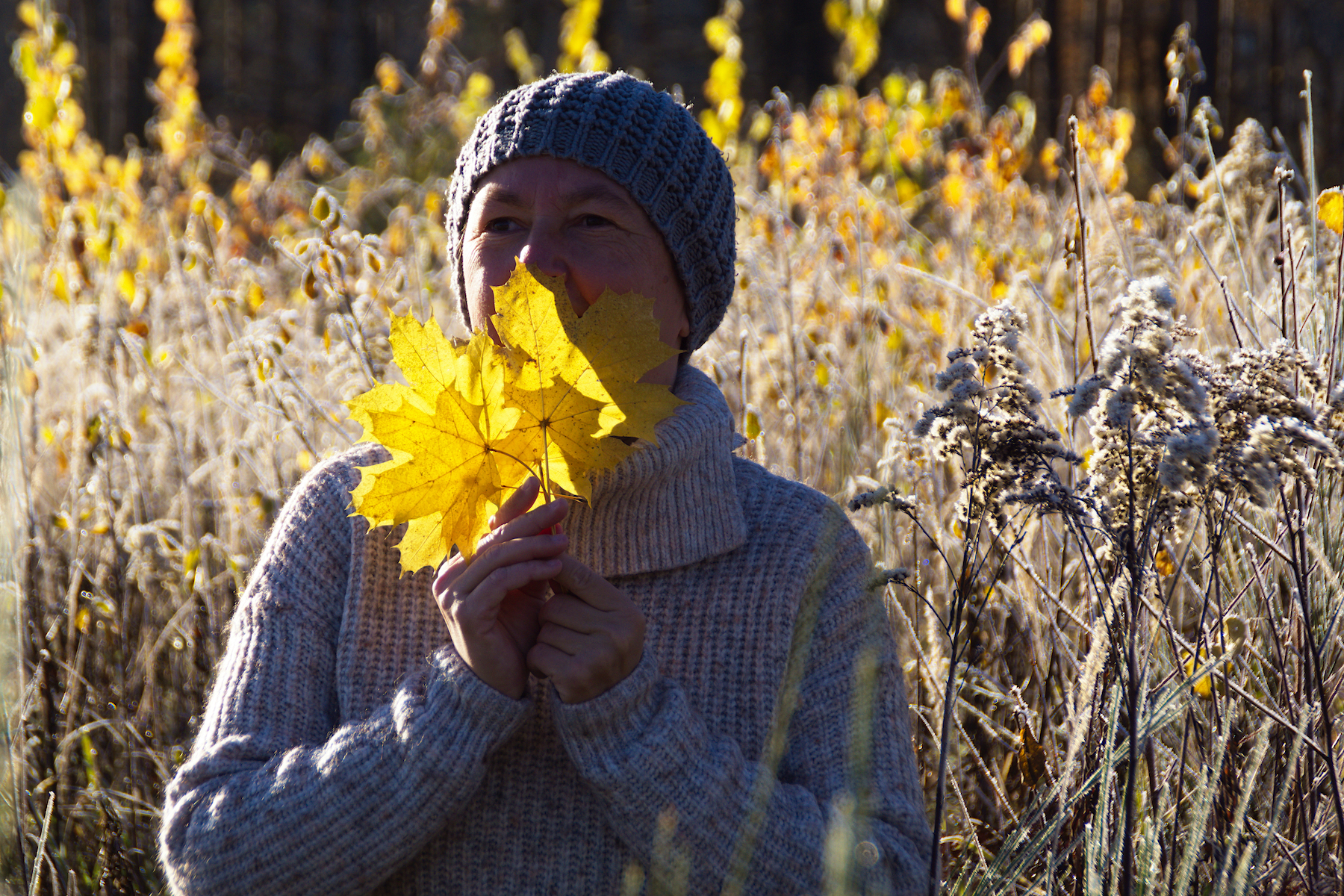
What it is: dryness is an elemental imbalance
Ayurveda is a comprehensive science which details all matter in the universe. Whether it’s on earth or someplace out in space, this matter is made up of the same fundamental elements:
-
-
- Ether (the seemingly empty space in-between)
- Air
- Fire
- Water
- Earth
-
When dryness occurs, we all understand that there’s a lack of “water” – that’s pretty common sense. On the flip side, dryness generally implies there is an excess of ether and air.
What causes dryness
Season – Dryness tends to show up the most in late fall and early winter in the Northern Hemisphere – this is the dry season. The dry season eventually gives way to a wet season known as late winter or spring, and the seasonal imbalance will likely resolve on its own during this transitional period.
Climate – If you live in a dryer climate, such as the Southwest or desert regions, this chronic predominance of air and ether in the atmosphere will impact your mind and body.
Ayurvedic or personal mind-body constitution – For some people, their personal constitution tends towards dryness, and this is because they naturally have more ether and air in their elemental makeup. Everyone has a unique balance of elements in their system, known as Prakriti. Prakriti is determined at birth and never changes, so if you’re born with a predominance of ether and air, you’re likely to struggle with the issue year-round.
Imbalances – Regardless of the season, climate or your mind-body constitution, dryness can pop up due to an imbalance brought on by lifestyle, stress and diet. For example, habitual use of astringents or caffeine, hormonal imbalances, nutritional deficiencies, exercise in extreme conditions which induce sweating could contribute to loss of hydration. An imbalance may indicate that the elemental balance is more complicated, in which case an Ayurvedic Practitioner is required. A consultation will evaluate your Prakriti (constitution) and Vikriti, or imbalances. This assessment is based on the Tridosha concept in Ayurveda, which accounts for the complex relationships of the elements.
Using the elements to combat dryness
Natural remedies in Ayurveda are based upon elemental logic. Since everything in the universe is made up of the same elements, any imbalance – whether in a human, another animal, or an entire ecosystem – can be addressed with this same logic.
According to Ayurveda, an elemental imbalance can be resolved in two ways:
-
-
- Reducing an element – minimizing the ether and air elements
- Increasing elements – bringing in more water, earth and fire (if fire isn’t already in excess)
-
The balance of elements can be adjusted in these two ways by a variety of lifestyle and dietary changes you can do yourself, and many of the ingredients needed are right at home and in your pantry. While external creams, lotions and oils can help, to truly get to the root of the issue, addressing all of the lifestyle factors is key.

Factor 1: dietary tips for hydration
While you might be thinking still on the surface level of hydrating skin, hair or nails, your diet while hydrate everything and will help you feel amazing! A hydrating diet includes:
-
-
- Fruits – chock full of moisture, fruits are some of the most hydrating foods, and can be lightly cooked in the cold season to make them even more easily digested. Warm apples with a pinch of cinnamon is a delicious way to hydrate at breakfast time!
- Stews and soups full of veggies – vegetables are hydrating, but also cold and hard to digest when raw, which dampens digestive fire and only increases ether and air. Cook your veggies and enjoy them with broth flavored by warming spices like cumin, fennel and coriander to best incorporate their nutrients. A warm bowl is the perfect winter lunch or dinner, and you can add rice, noodles, lentils, beans or meat to make it more substantial.
- Healthy fats and oils in moderation – wholesome oils like coconut, olive and sesame, nuts and seeds provide lubricating oils to your system, increasing water and earth elements.
- Avoid dry, cold and raw – raw foods, cold items, dry and processed foods will all dampen your digestive fire and increase ether and air.
-
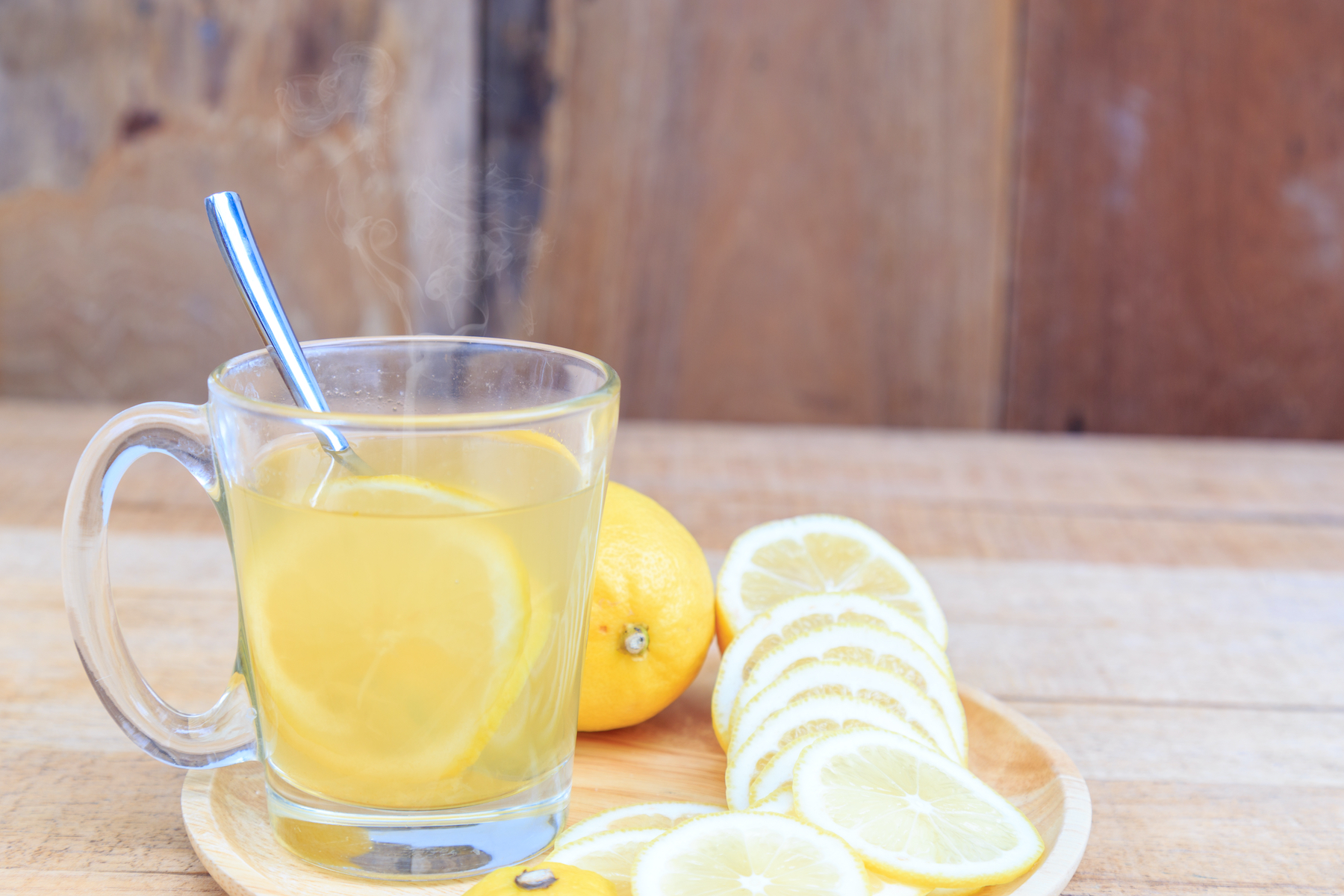
Factor 2: what to drink and what not to drink for minimizing dryness
Enjoy room temperature and warm water – sip water throughout the day and try to keep it at room temperature, or warmer. Cold or iced water will increase air and ether, while warm and hot water stokes your internal fire. Avoid water while eating, unless it’s hot, and focus on hydrating in-between meals.
Caffeinated beverages, coffee and tea can contribute to fluid loss, as they contain caffeine – a diuretic – as well as astringent properties. Minimizing your consumption and switching to energizing brews with less astringent properties can help to maintain hydration. Just keep in mind that coffee replacements and herbal teas are neutral – they don’t dehydrate or hydrate, so ensure you hydrate with enough additional water and moist foods.
Heat up nondairy milks if they’re raw – if you opt for non dairy, plant-based milks, keep in mind that they may be raw, which means they fall on the list of cold items that can increase air and ether elements. Heating up your raw milks will solve the issue.
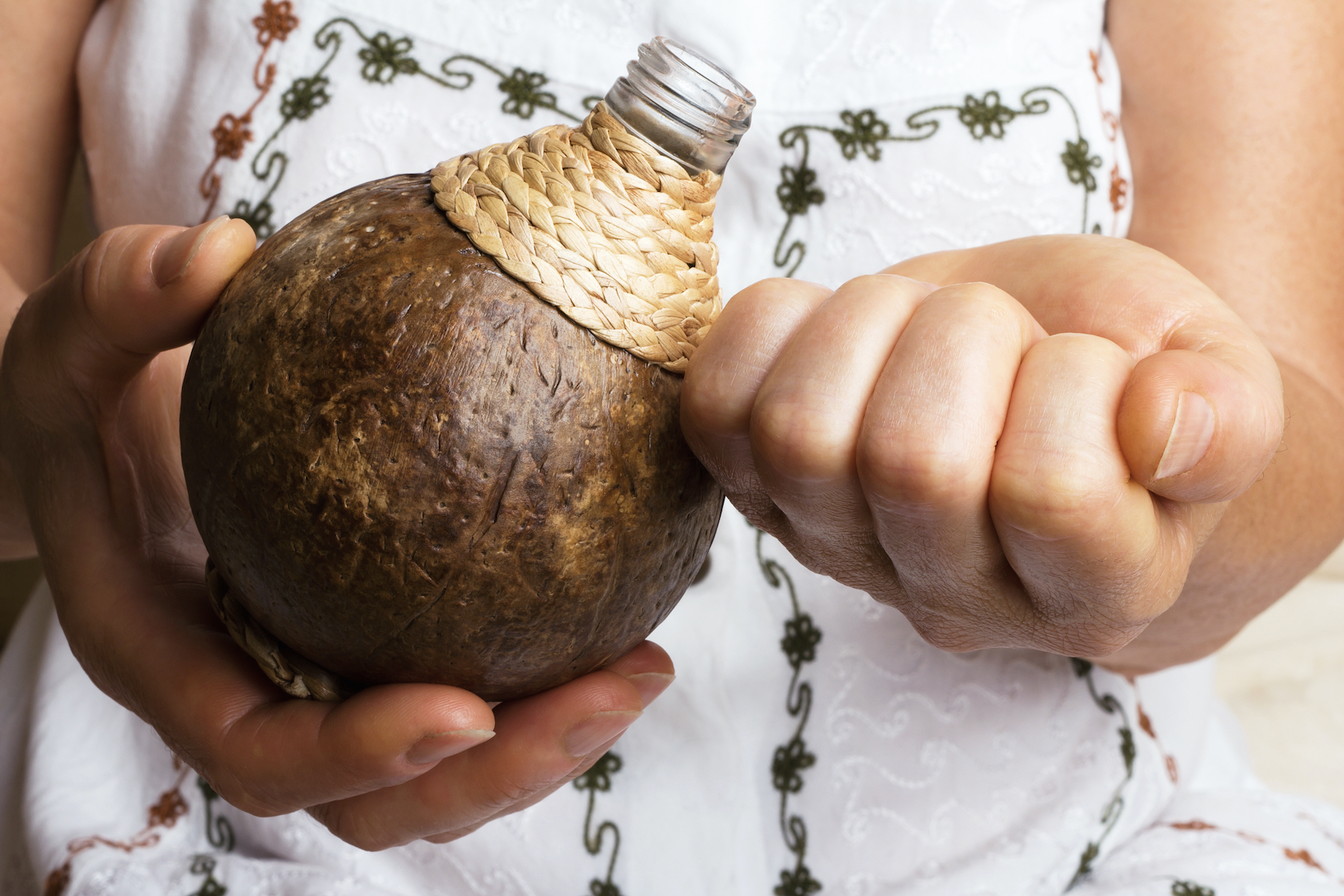
Factor 3: add moisture on the outside – lotions and oils
There are a variety of products for skin health, and choosing the right one can be confusing.
Choose organic, clean products – Your skin is an organ, and you ingest everything that goes on it. In addition to scanning for the organic label, read the ingredients. Select your products carefully and be mindful to avoid products containing chemicals or unnecessary additives.
As a general rule of thumb, Ayurveda recommends oils over lotions, as they best mimic the natural skin barrier produced by the body. Oil can be intimidating at first, though selecting the right oil and applying it correctly will ensure you get the right amount. Oil has the added benefit of penetrating deep into the body’s tissues, which aids in the lubrication of joints and muscles. Coconut oil and sesame are traditionally used in Ayurvedic practice: coconut for individuals with warmer constitutions, and sesame for those who run cooler. Mustard, jojoba and almond are also warming oils, and olive oil is more cooling.
Oil can be contraindicated if you tend to struggle with excess oil on the skin, stagnation and congestion in the body, or are suffering from certain imbalances. Ayurvedic oils including herbal formulations are designed for specific conditions, so do check with your practitioner for support in selecting a personalized oil as part of your overall disease prevention and management
To apply oil, a quick all-over-body-massage 15 minutes prior to bathing in the morning is a beautiful ritual for awakening the senses, and the subsequent shower will help to remove any excess. The practice of daily self-massage is called Abhyanga or Snehana – Sneha means both olive and love in Sanskrit. Snehana improves circulation, skin tone, soothes the senses and can help you rejuvenate – talk about daily self love!
Use lotions as needed – Oils and thick butters like shea can sometimes be too much for certain skin types or conditions. If they feel too heavy – and these may apply to certain parts of your body vs others – you may need to try a thinner lotion. Organic lotions are also easier to transport without the risk of mess and can help to soothe any spot dryness.
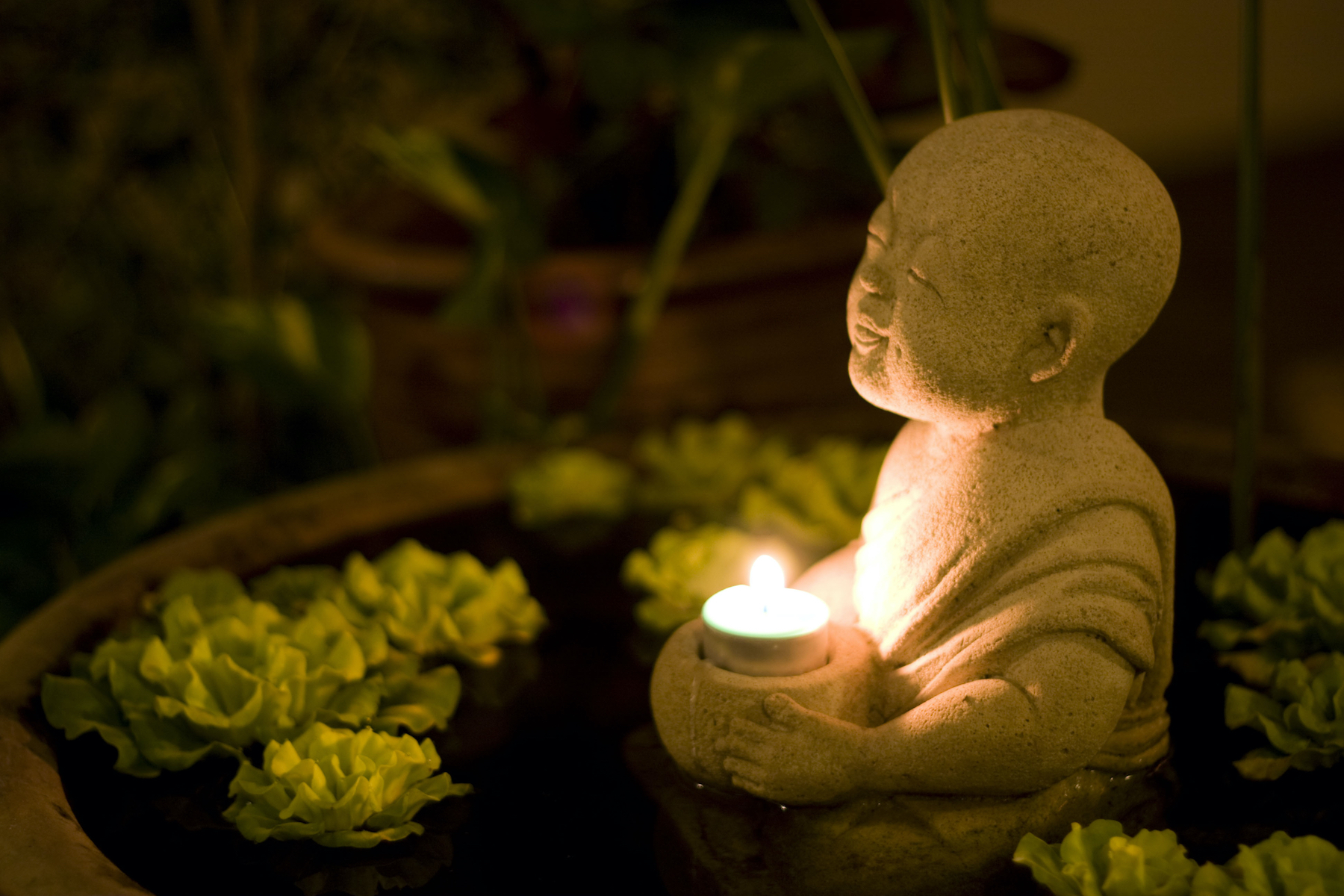
Factor 4: Soothe the Mind
If you’re new to the concept that your mind can contribute to feeling “dry” it might sound strange at first. But consider this: whatever is going on in your body is also occurring in your thoughts and emotions, and “dryness” is a sign of air and ether elements.
Environmental influences – Your environment includes the things, sounds and sights around you. Adding warmth with bright colors and candles, reducing excess noise and stimulating can help to tone down excess air and ether. While you can’t change the weather, you can change the moisture of the air by introducing a humidifier. Just be sure to keep it clean, as the device can become a hotbed for mold and bacteria.
Get adequate rest – Sleep itself is an earthy state of being. During the dry season, you’re more likely to struggle to sleep, which means honoring your circadian rhythms is that much more important for staying balanced. Try to get to bed early – before 10:30pm, to ensure your sleep cycle is whole and complete. If you can get to bed earlier – even better! If you’re restless while falling asleep, an earlier bedtime may help, as well as giving yourself at least 2 hours of digestion time after dinner before hitting the hay. Self-massage and the mindful practices below can also calm the mind and prepare you for rest.
Mindful practices – From Ayurvedic physiology, we know that air and ether indicate thought, ideas, space and movement. This means that we can soothe the mind by introducing more fire, water and earth. Setting the stage with the right environment is step one, and from there you can go even deeper. Any form of relaxation technique will tone down aggravated air and ether and drop you into a more liquid, solid and earthy state. Try listening to soundscapes of running water, meditating on your heart’s joys, or deep breathing. If you’re not experiencing any heat imbalances, you can also try Surya Bhedana – a warming breath practice.

